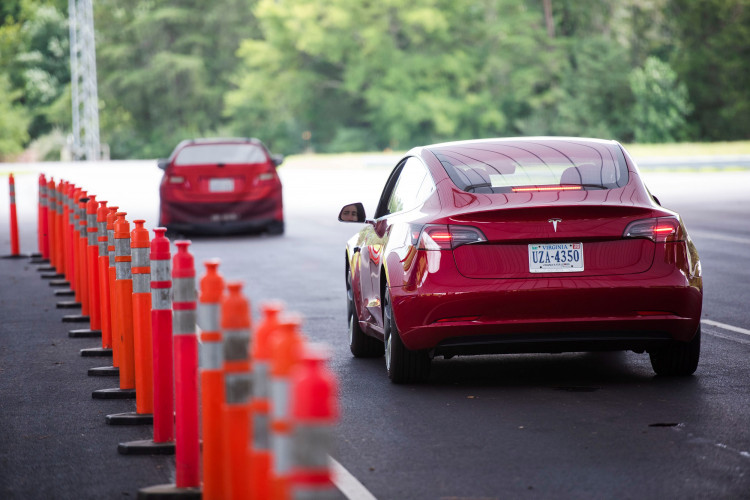A number of documents which were obtained by a nonprofit organization revealed that the United States National Highway Traffic Administration had sent electric carmaker Tesla a cease-and-desist letter over the company's claim about the safety of its flagship Model 3 car. According to the documents obtained by PlainSite, the NHTSA is also sent Tesla a subpoena as part of the agency's protocol in order to obtain information about crashes wherein Tesla cars are involved.
Reports revealed that the documents were obtained through a Freedom of Information Act request. It revealed that the NHTSA gave Tesla an exception to a post on its blog, which was published in October 2018. On that blog post, Tesla claims that its flagship Model 3 car has the lowest probability of injury among all cars tested by the NHTSA.
The document also revealed that the NHTSA refuted these claims and added that these were inconsistent with the set of guidelines the agency gave to carmakers when it comes to information dissemination of car safety ratings.
According to the NHTSA guideline, car companies are highly discouraged in using terms like "safest" and "perfect" when advertising the safety ratings of their cars. The agency added that by using these terms, it creates an issue of misleading claims which may result in confusion on the part of the consumers. The agency also confirmed that it had already contacted the Federal Trade Commission to launch an investigation whether the electric carmaker went overboard with its claims and whether unfair or deceptive.
This is not the first time that Tesla was embroiled in this type of safety claims from the NHTSA. Back in 2013, the company celebrated the safety score of it's Model S claiming that it was so high it was effectively 5.4 stars. The NHTSA, during that time, refuted Tesla's claim saying that the safety rating scale does not go higher than five stars.
It is true that Tesla cars have impressive safety scores not only from the NHTSA but also from safety ratings agency from Europe and Australia. However, some experts have commented on the issue stating that overblowing the safety ratings of a particular car model in order to boost its image to the consumer is a deceptive marketing practice and that Tesla should be reprimanded for this.
Tesla has yet to comment about this latest issue involving the safety ratings of the Model 3.






